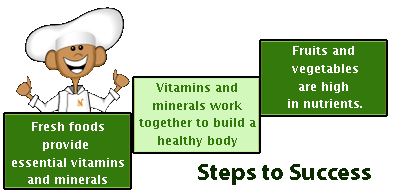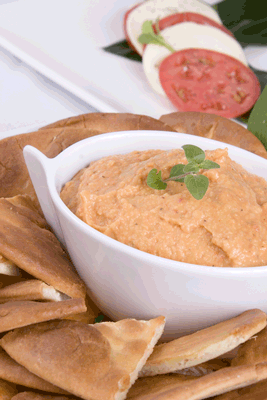
If your child or family has recently decided to follow a vegetarian diet, you may be feeling a little lost with what to do in the kitchen. Everyone has different reasons for vegetarianism, including environmental, ethical or moral, taste, or personal preference, among other reasons. Regardless of the reason, it’s important to know what to eat to make sure you’re not missing out on the essential nutrients found in animal products.
There are three main types of vegetarianism; lacto-ovo vegetarian, lacto-vegetarian, and ovo-vegetarian. Lacto refers to dairy products, and ovo refers to eggs. Those who are lacto-ovo vegetarian (the most common type) do not eat meat but do eat dairy and eggs. Ovo vegetarians do not eat meat or dairy but do eat eggs, and lacto vegetarians do not eat meat or eggs but do eat dairy.
Animal products are important sources of protein, calcium, iron, and vitamin B12. Protein, calcium, and iron can be obtained from other food sources, but vitamin B12 is strictly found in animal products. If you or your family are eliminating all animal products, it is a good idea to talk to your doctor about a supplement, as vitamin B12 is vital for neurological health.
Protein
Protein is important for growth and repair of many parts of the body, including muscle, tissue, bones, and even DNA. While meat is a high source of protein, protein is also found in the following lacto-ovo vegetarian foods:

Calcium
Calcium is important for bone strength, muscle contraction, and vitamin D absorption. Calcium is especially important for children, because they are in the bone-building stage of their life. Calcium is found in the following foods:
Iron
Iron is important for healthy red blood cells by allowing them to carry oxygen throughout the body. Without enough iron, you risk becoming anemic, which can lead to a constant state of fatigue. Meat is an important source of iron, but iron is also found in the following vegetarian foods:
It is always a good idea to talk to your family doctor or pediatrician before starting a new diet, especially a vegetarian or vegan diet. With proper supervision and knowledge, your child can follow a vegetarian or vegan diet without any nutrient deficiencies.

0 Comments